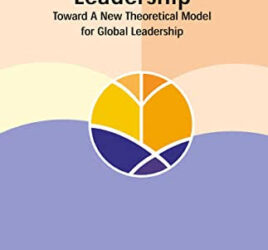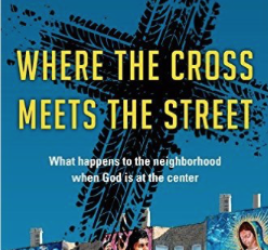Through his book, Transforming Power, Robert Linthicum hopes to teach readers “how to use relational power to make a difference in [their] society” which is grounded “in the biblical witness.”[1] He does so by laying down a solid theological exposition of the use of power in Part 1, while giving practical advice and examples in Part 2. As Christians, we are called and have been given the privilege to “seek to follow our resurrected Lord and Savior, Jesus Christ, into this world to seek its transformation into God’s shalom community.”[2] Linthicum shows the way how to mobilize and leverage relational power from a biblical standpoint to build such a community.
Linthicum starts off with outlining society how God had intended it to be, with a religion of relationship, a politics of justice, and an economics of equality.[3] With the practices of tithes, the sabbatical year, and forgivable loans, a community of shalom is created that benefits all. It all breaks down when religion becomes domineering, politics turns oppressive, and economics resorts to exploitation.[4] This breakdown is what happened God’s people (Eze. 22:1-4) and can be observed in all our societies today. Systems and powers need to be held accountable and confronted through tactics such as agitation, negotiation and civil disobedience. Yet, the church is averse to make use of such tactics, even though they can be found throughout Scripture and used by Jesus, Paul, Nehemiah, and many others.
I personally can identify with the aversion to talk about power, build power, and use power to engage and confront systems and the powers that be. It was very helpful, therefore, to get a more balanced and biblical understanding through this book. Linthicum explains that there are two kinds of power: unilateral and relational. “Unilateral power is basically power over a people” whereas “relational power is power with.”[5] Creating and utilizing relational power for the benefit of the community is the focus of this book. Linthicum states, “If power is the ability to act, relational power is the capacity to organize people and their institutions (churches, social clubs, schools, unions and so on) around common values and relationships so they can act together as one to bring about the change they desire.”[6] The story of how a community of 6000 Untouchables (Dalits), who had been literally cast out of Madras city, India, and dumbed into an uninhabited floodplain, was organized and empowered to utilize their shared power to force the government to build them a whole new village with utilities and services is just one remarkable example of the right and biblical use of relational power.
Linthicum has presented a biblical perspective on how to create and utilize relational power for building a community of shalom (peace, welfare and prosperity). I intent to use this to build a more relational congregation of the one I am a pastor. At the same time, I want to learn more about how this already has been and could be utilized in my local context here in Hanoi, Vietnam, by local government and non-profit institutions.
By Jacob Bloemberg
[1] Robert C. Linthicum, Transforming Power: Biblical Strategies for Making a Difference in Your Community (Downers Grove, IL: InterVarsity Press, 2003), 14.
[2] Ibid., 190.
[3] Ibid., 27-32.
[4] Ibid., 43-45.
[5] Ibid., 81-82.
[6] Ibid., 82.




